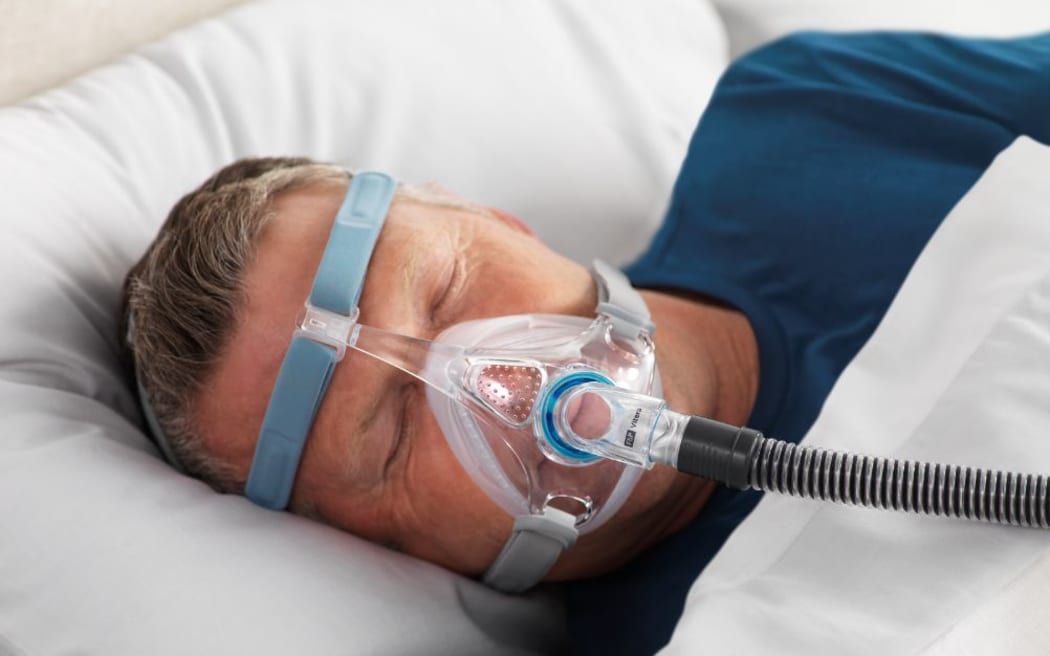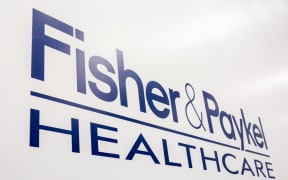The medical equipment manufacturer Fisher & Paykel Healthcare's half-year profit has surged as Covid-19 drove demand for its products.

The strong result was largely driven by demand around the world for Fisher & Paykel Healthcare's hospital products, its chief executive said. Photo: Supplied / Fisher and Paykel Healthcare
Its profit for the six months ended September rose 86 percent to $225.5 million, as sales increased by more than half to $910m.
Chief executive Lewis Gradon said the strong result was largely driven by demand for its hospital products around the world, as its nasal flow equipment was used to treat people with Covid-19.
"In the hospital product group, which includes products used in acute and chronic respiratory care and surgery, operating revenue grew 93 percent over the first half of the previous financial year to $681m. Hospital products made up three-quarters of the company's operating revenue.
"Sales in hardware and consumables continued to track surges in Covid-19 globally, as the virus moved across Europe, North America, South America and South Asia."
The company recorded 5 percent sales growth for its homecare products used to treat obstructive sleep apnea.
Gradon said these products are yet to reach their full potential, as the pandemic forced the closure of sleep clinics which meant fewer people were diagnosed and treated.
The company lifted its full year profit forecast for the third time in recent months to between $400m and $415m, compared with $365m and $385m made in August.
Gradon said it could not predict the course of Covid-19 or future hospitalisation rates, so its full year guidance was based on hospital sales returning to normal levels early next year, obstructive sleep apnea diagnosis rates remaining at subdued levels and high freight costs.
"We will continue to accelerate our investment in manufacturing capacity to ensure that a further increase in supply of our products is available."
The company would pay a dividend of 16 cents per share, which was a 33 percent increase on last year's half-year payout to shareholders.




